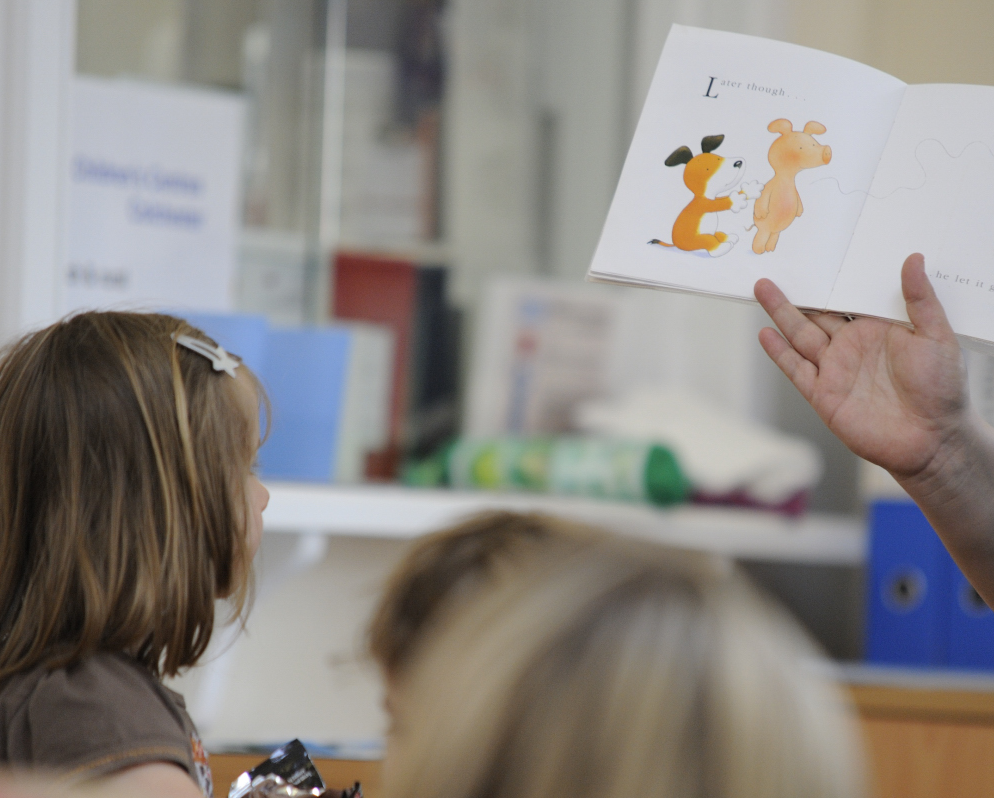New research published today by researchers from the Institute for Fiscal Studies, the University of Essex and the University of Warwick suggests that the government’s plan to extend parents’ entitlement to free childcare from 15 to 30 hours a week for 3- and 4-year-olds in England is only likely to have a small impact on parents’ working patterns.
This conclusion arises from looking at how working patterns change when children start primary school. One can think of this as a moment when entitlement to childcare provided free of charge from the state increases from 15 hours a week to 30–35 hours a week.
The key findings of the research, funded by the Economic and Social Research Council, were:
• Increasing the offer of free childcare from 15 to 30–35 hours per week during term time (when children moved from part-time nursery to full-time school) had no noticeable impact on fathers’ working patterns or those of mothers with other children under the age of 4.
• The effects were stronger amongst mothers who did not have other young children. Having the youngest child in the family start full-time school increased the proportion of mothers in work by 3.5 percentage points (from a base of 58%). This is equivalent to around 12,000 more mothers in work.
• One reason why working patterns did not change more is that the total amount of childcare used did not increase much. This is because free childcare often substitutes for informal childcare – provided by grandparents, for example – or paid-for childcare. Providing a 4-year-old with an additional 15–20 hours per week of free childcare during term time – equivalent to between around 600 and 800 hours per year – increased the amount of time they spent in childcare of any type by just 76 hours a year, on average.
• Free childcare does save parents money though. Parents save on average £410 a year in childcare fees when their children move from part-time nursery to full-time school.
There are some reasons to think that the government’s proposed childcare extension may have a somewhat larger impact on parents’ working patterns than this research suggests: for example, the intention is to offer more flexibility over when the extra hours of childcare can be taken. The additional hours will also only be available to families where all parents in the household work. On the other hand, the 30 hours of free care offered will be less than the time children spend at school, so there are also reasons why the impact might end up being smaller.
Dr Sarah Cattan, Senior Research Economist at the Institute for Fiscal Studies and one of the authors of the research, said “The government expects to spend close to £1 billion extending the number of free hours of childcare available to working parents of 3- and 4-year-olds in England from 15 to 30 a week during term time. Our research suggests that this is only likely to lead a modest number of mothers – and no more fathers – to move into paid work. Offering free childcare does, of course, save money for parents who already use formal childcare. But to facilitate parents’ ability to work further, the government’s various childcare subsidies may need to enable families to access sufficient hours of free or subsidised child care throughout the year.”
Ends
Notes to editors
-
These findings are published today as a new IFS working paper: ‘Free childcare and parents’ labour supply: is more better?’ by Mike Brewer, Sarah Cattan, Claire Crawford and Birgitta Rabe. A non-technical summary of the main findings from the research, together with further discussion of its likely implications for the planned increase in free childcare for 3- and 4-year-olds in working families in England, can be found in a new IFS briefing note, also published today: ‘Does free childcare help parents work?’ by Mike Brewer, Sarah Cattan, Claire Crawford and Birgitta Rabe.
-
The authors gratefully acknowledge funding from the Economic and Social Research Council (ESRC) through the Secondary Data Analysis Initiative under grant ES/K003232/1 (all), the ESRC Research Centre on Micro-Social Change at the University of Essex under grant number ES/L009153/1 (Brewer, Rabe), the ESRC Centre for the Microeconomic Analysis of Public Policy at the Institute for Fiscal Studies under grant number ES/M010147/1 (Cattan, Crawford), and the British Academy through Cattan’s Postdoctoral Fellowship.
